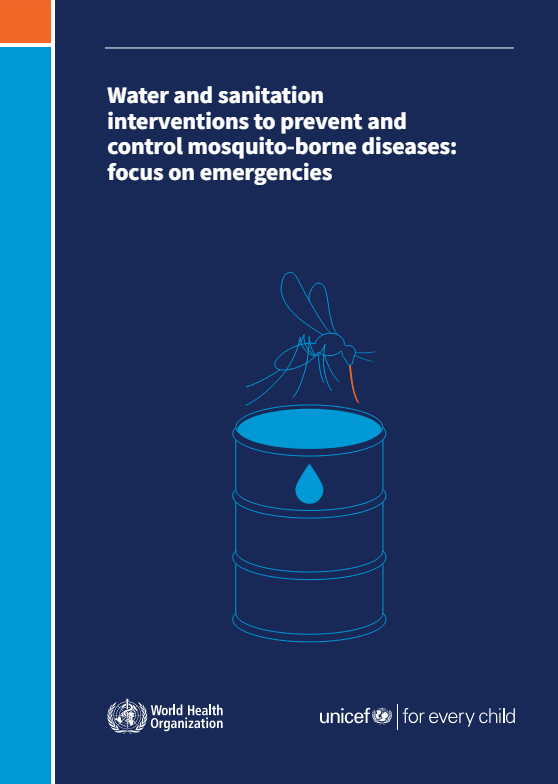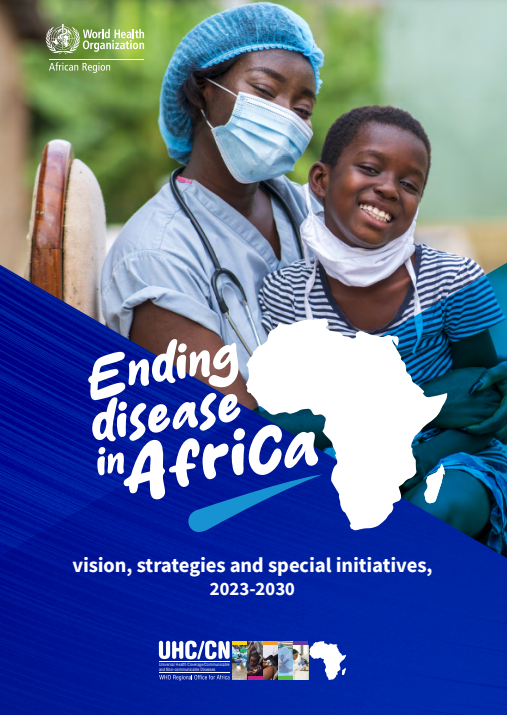Last Updated: 12/12/2024
Improving early warning and control of mosquito-borne disease outbreaks caused by extreme weather in Uganda
Objectives
This study aims to strengthen the health system capacity in Uganda for improved early warning and rapid control of mosquito-borne disease outbreaks caused by extreme weather events. The two major outputs of the study include: (a) an epidemic risk mapping system based on an impact-based forecast (IBF) platform; and (b) an improved outbreak preparedness and response plan, with guidance on specific actions based on various risk scenarios produced by the IBF platform.
Uganda Virus Research Institute (UVRI), Uganda
Erasmus University Rotterdam, The Netherlands
Ministry of Agriculture, Animal Industry and Fisheries (MAAIF) Uganda, Uganda
The Netherlands Red Cross – 510, The Netherlands
Uganda Red Cross Society, Uganda
Uganda National Meteorological Authority (UNMA), Uganda
Uganda is among countries frequently affected by flooding and landslides resulting in displacement of populations and humanitarian disasters. Flooded areas create favourable breeding grounds for mosquito vectors. Extreme weather events have caused outbreaks of malaria and arboviral diseases, resulting in increased morbidity and mortality among both humans and livestock. Flooding triggers proliferation of Rift Valley fever (RVF) and yellow fever (YF) vectors. In recent years, recurrent malaria outbreaks have affected several regions of Uganda, while frequent RVF outbreaks have affected both livestock and humans. Sporadic outbreaks of YF have also occurred. Due to varying effects of extreme meteorological conditions on mosquito lifecycles and pathogen transmission — and complex interactions with other factors such as immunity levels, population and livestock movements, and ecological systems — it is often difficult to anticipate future vector-borne disease outbreaks. Detection of unusual transmission of some of the diseases has also proved difficult due to weak surveillance systems and a lack of robust tools. Inadequate diagnostics capacity in most health facilities has hindered early recognition of these outbreaks. By studying associations between extreme weather events and malaria, RVF and YF outbreaks in the past, we will develop mathematical models that will be used alongside time series methods to forecast outbreak risks at various lead times. The IBF platform will also generate recommendations for intervention options, with their associated costs and model-based cost-effectiveness estimates within the context of various predicted scenarios to support decision-making. End-users of the system will be able to produce dynamic risk maps and uncertainty parameters at different lead times, as well as recommendations on the types and intensity of preparedness and response actions to prevent or mitigate adverse health effects caused by malaria and arboviral disease outbreaks. The national outbreak preparedness and response plan will be updated and aligned with outputs of the platform and the recommended interventions. The risk mapping system will be maintained at the Ministry of Health (MoH) with a continuous data link with the Ministry of Agriculture, Animal Industry and Fisheries (MAAIF) under the One Health approach. A close coordination mechanism will be established between all relevant stakeholders, including project partners, to support sustainable use of the system to prevent or mitigate the adverse impacts of the outbreaks on human lives and livelihoods. This project will involve affected communities, stakeholders and end-users of the outputs in relevant research activities to ensure their needs are addressed, their views are included in the solutions, and the system is adopted and used.
Climate Change
Health Systems
Leadership & Governance
Operational Research
Surveillance
Jan 2024 — Dec 2027
$3.38M


